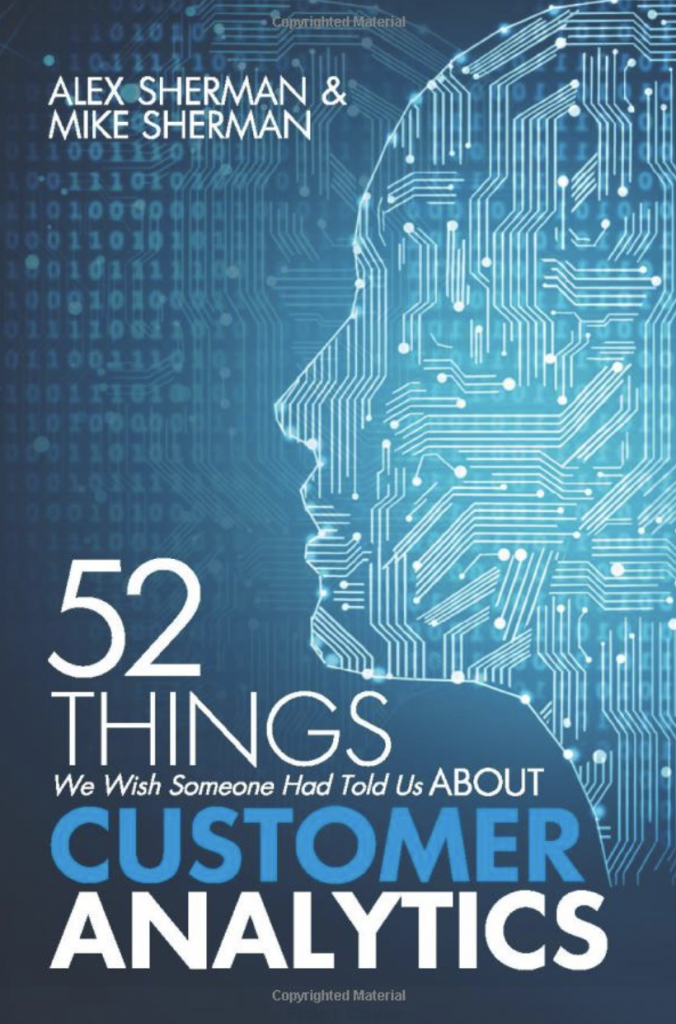For Alex Sherman, analytics is a family affair.
Sherman, BBA ’13, is a machine learning practitioner, educator and author who has a passion for applying the tools and techniques of customer analytics to generate personalized product experiences. After graduating summa cum laude from Temple University’s Fox School of Business, Sherman has connected his expertise in analytics with his father’s experience in market research. Together, they are bringing their perspective on the role of marketing to the professional world.
“The direction that marketing is going is based on the collection and use of data,” says Sherman. “Customer analytics revolves around the idea that information can be improved and tailored to your personal needs, whereas machine learning is the focus of using data to make predictions. This information provides you with ads based on your interests in order to increase the company’s sales.”
After graduating from the Fox School, Sherman spent seven years working at Deloitte Consulting. As a specialist manager, he serviced federal health clients and led teams of data scientists to build data products in Python, AWS, SQL Server and Google Analytics. However, his passion for data science led him to Capital One in October 2020, where he is a data science manager.
Outside of the office, Sherman found himself often speaking with his father, Mike, about what customer companies are doing now with data and their flaws.
“My dad has lived in Hong Kong for the past 20 years and has worked in and traveled to over 131 different countries,” says Sherman. “He also worked in market research, so he has a very interesting perspective in terms of not just how to collect and use data, but more so, how you appropriately ask a question so that individuals in diverse cultures can understand it in the same way.”
The two men co-authored a book, 52 Things We Wish Someone Had Told Us About Customer Analytics, in which they discuss how to focus on the right business problems, solve the right problems and collect and analyze data.
Mike wrote about questions that businesses ask to gain information from customers, while Alex worked on how to use technology to make the same decisions on a larger scale.
Sherman attributes his logical thought process to a monetary policy class that he took in the Fox School. As a Fox Honors student, he emphasized the great opportunity he had to sit in classes that led to high level conversations that were closer to the real business world.
“While I was a student, I had an enclosed view of what the use of marketing was in the professional world,” says Sherman. “My daily practices now circle around the automated side of business. I take deals and make it a part of a business system, which is based on pure coding. The collection and use of data is ultimately the future of marketing.”
